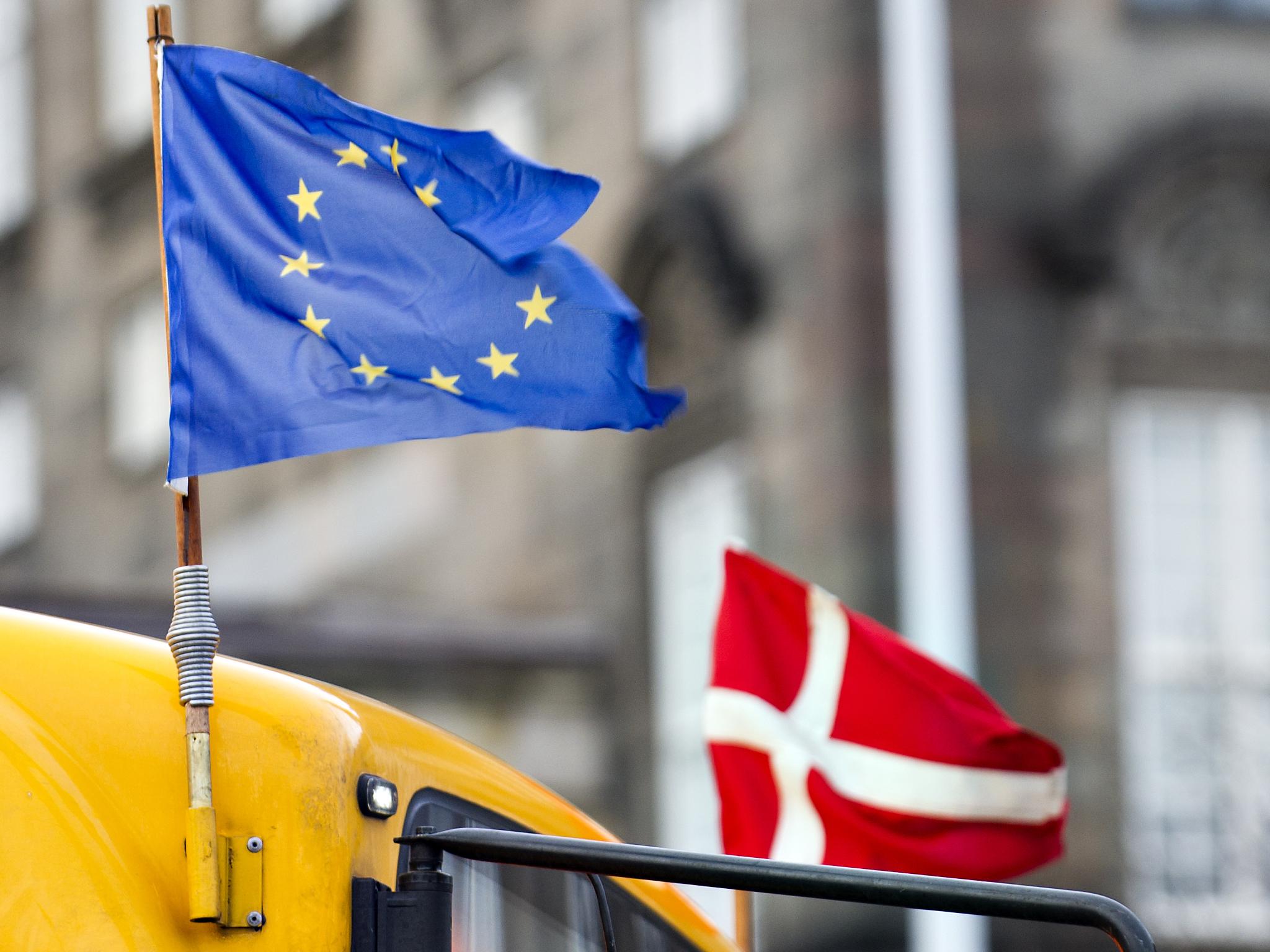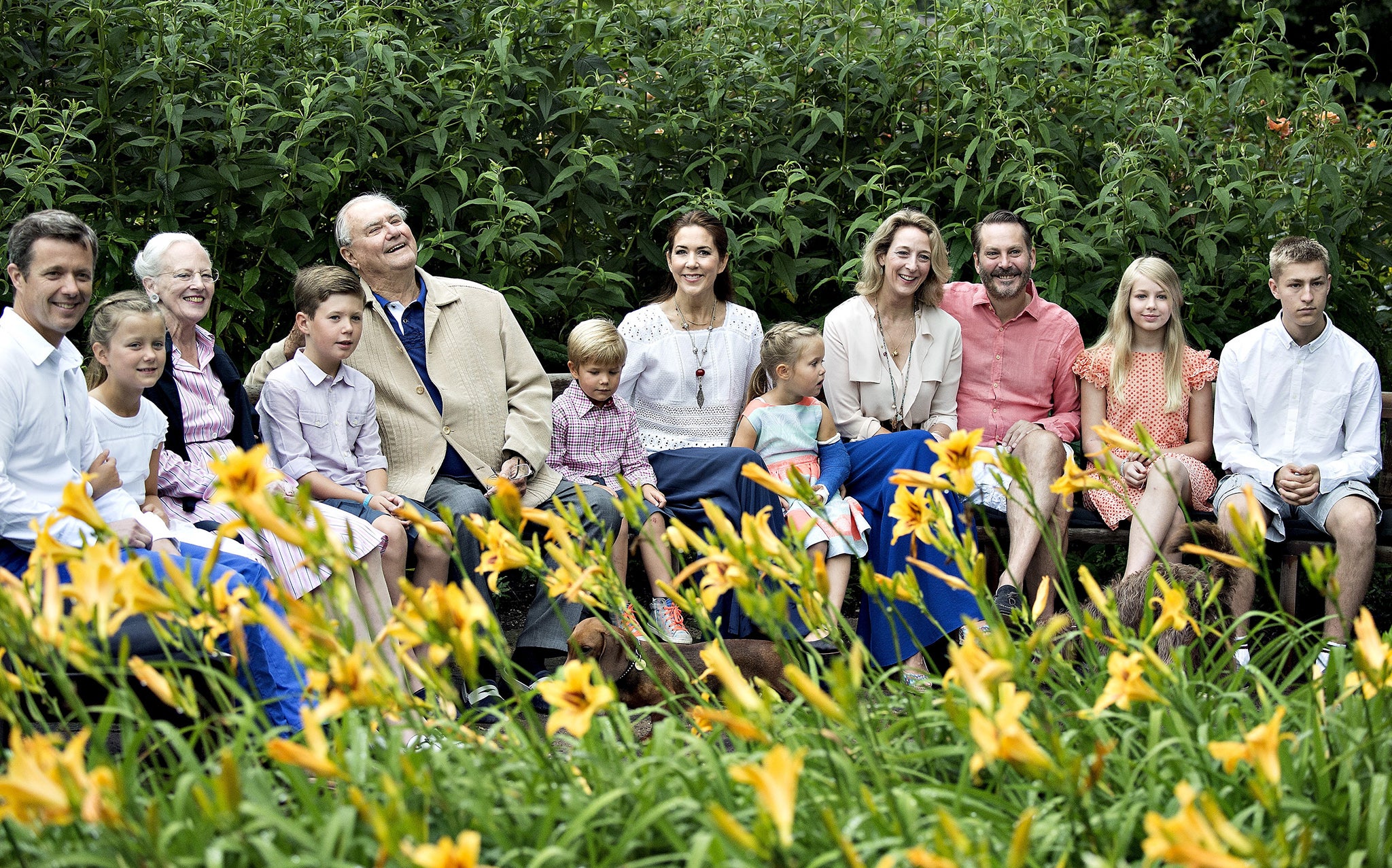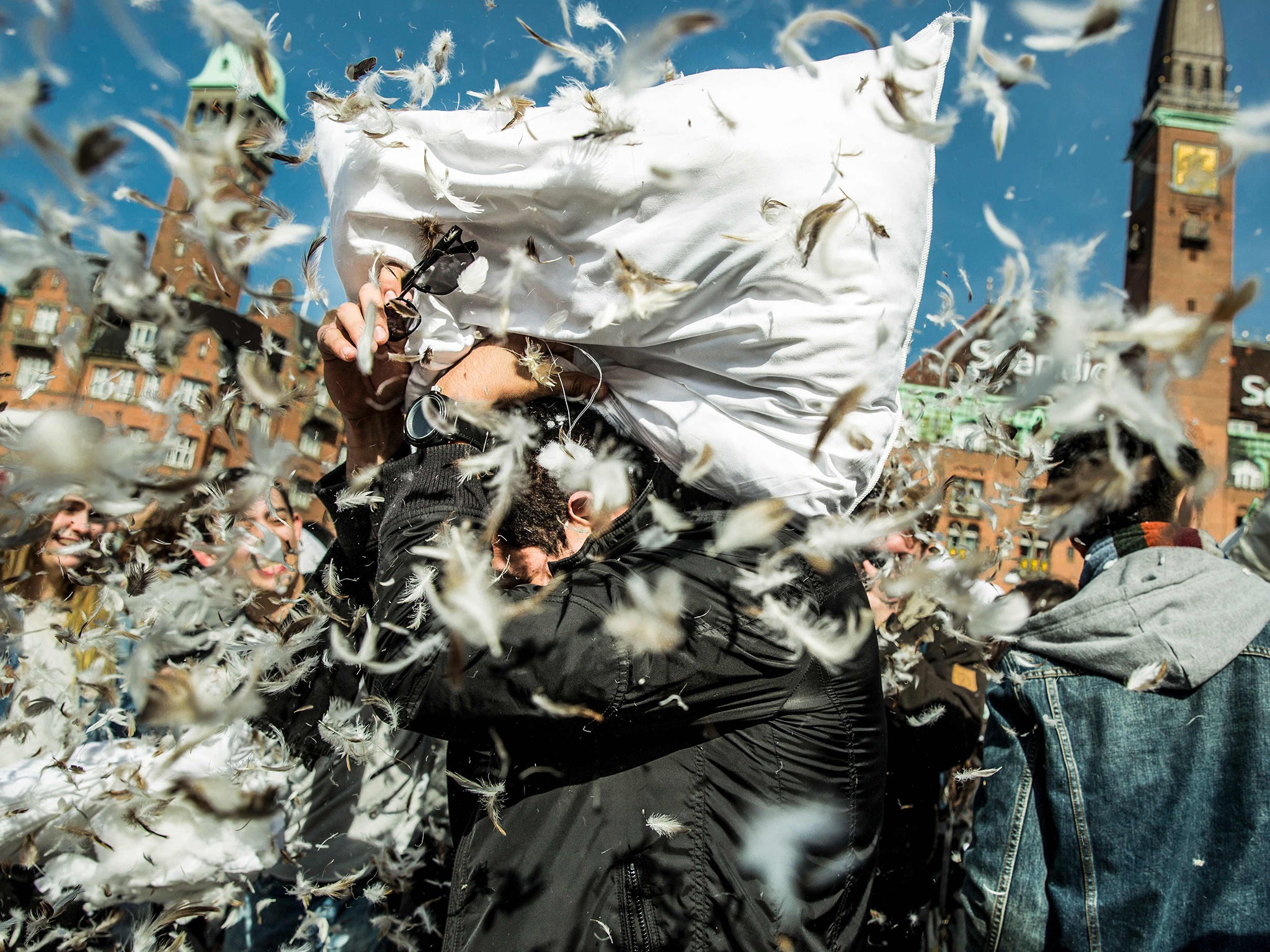7 reasons Denmark is the happiest country in the world

Happiness expert Meik Wiking hails from Denmark, the happiest country in the world.
His newly released book, “The Little Book of Hygge,” explores a word he believes is central to that happiness.
As Wiking says, “hygge” (pronounced hoo-gah) has no direct translation: It means cosiness, it means intimacy, and it means warmth — but it means many more things than just these points.
We looked at some of the components that make up a Danish lifestyle, as explored in “The Little Book of Hygge.”
For references in the piece, hygge is a noun, hyggeligt is a singular adjective, and hyggelige is a plural adjective.
7. Togetherness

“In all the work I have done within the field of happiness research. This is the point I am surest about: the best predictor of whether we are happy or not is our social relationships,” Wiking says in his book.
Wiking cites the journalist Cathy Strongman, who moved from London to Copenhagen and who wrote in The Guardian: “Work later than 5:30 and the office is a morgue. Work at the weekend and the Danes think you are mad. The idea is that families have time to play and eat together at the end of the day, every day.”
6. Food and drink
“Sweets are hyggelige. Cake is hyggeligt. Coffee or hot chocolate are hyggeligt, too. Carrot sticks, not so much,” Wiking says.
He believes that the high level of meat, confectionary, and coffee consumption in Denmark is directly linked to hygge.
“Hygge is about being kind to yourself — giving yourself a treat, and giving yourself, and each other, a break from the demands of healthy living,” he says.
Wiking's compatriots seem to agree: The average Dane eats 3 kilos of bacon a year.
5. The home

The home is “hygge headquarters,” Wiking says. They even have a word for it: hjemmehygge (home hygge). This may explain the Danish obsession with good design.
They also have the most living space per capita in Europe.
4. Christmas
Christmas, Wiking says, is the most hyggelig part of the year. “Even though it is possible to hygge all year round, only once a year is hygge the ultimate goal of an entire month,” he says.
Christmas traditions in Denmark are not wildly different from those in the UK or the US, but the difference is that “a Danish Christmas will always be planned, thought of, and evaluated in relation to the concept of hygge.”
There is even a word for it — julehygge (Christmas-hygge).
3. Lighting
From its iconic lampshades to the staggeringly widespread use of candles, Denmark is a country obsessed with lighting. The Happiness Research Institute's studies shows that 85% of people associate hygge with candles; 28% of Danes light candles every day.
Wiking quotes the American ambassador to Denmark, who says candles create “a kind of emotional happiness, an emotional cosiness.”
2. Copenhagen: The happiest city in the world

Appropriately enough, the happiest country in the world has the happiest capital city in the world. And it is full of hygglelig destinations — from restaurants selling pickled herring in the New Harbour to the iconic Tivoli Gardens, which is transformed every Christmas into a spectacular festival of light.
1. The welfare model
While hygge clearly plays a major part in Denmark's happiness, Wiking is keen to emphasise that the welfare model is what fundamentally underpins the nation's well-being — they have high taxes but receive social security, universal healthcare, and a universal pension in return.
Wiking says there is “wide support for the welfare state.”
“The support stems from an awareness of the fact that the welfare model turns our collective wealth into well-being,” he says.
Critics often point out that antidepressant consumption is very high in Denmark for a country that claims to be the happiest in the world. According to the OECD, Denmark ranks second in Europe for antidepressant consumption per capita.
Wiking told Business Insider in an interview, however, that this supposed “paradox” was nothing of the sort.
“The real story is, these countries recognise mental illness and try to treat it in some way,” Wiking told Business Insider. “Being a society that acknowledges that people suffer from mental illnesses, and that we should try and do something about them? I think that's a good thing. A lot of people miss that — they just think it's a paradox.”
Read more:
• This chart is easy to interpret: It says we're screwed
• How Uber became the world's most valuable startup
• These 4 things could trigger the next crisis in Europe
Read the original article on Business Insider UK. © 2016. Follow Business Insider UK on Twitter.
Join our commenting forum
Join thought-provoking conversations, follow other Independent readers and see their replies
Comments
Bookmark popover
Removed from bookmarks